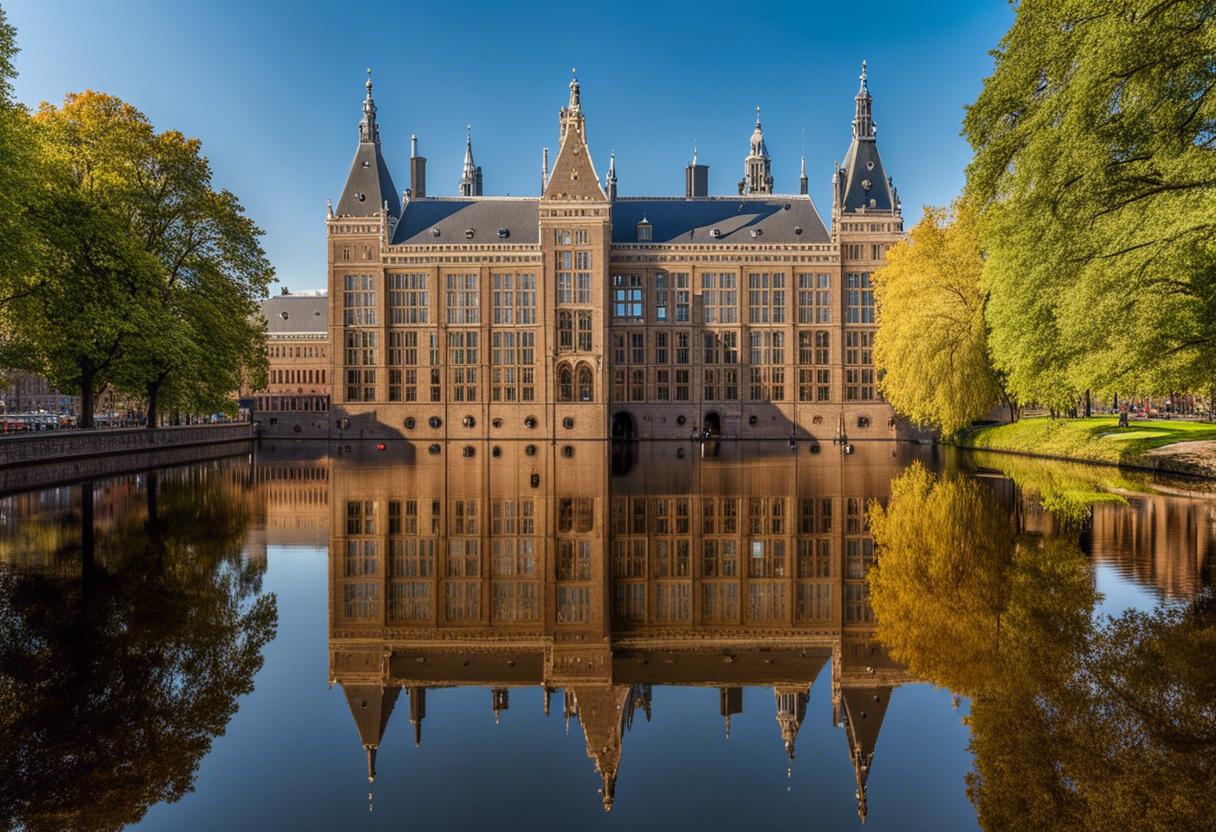After protracted negotiations spanning nearly half a year, it appears The Netherlands is poised to establish its most right-leaning coalition government in recent decades. This follows the pronounced surge of Geert Wilders’s Freedom Party emerging as the leading entity in an unprecedented alliance of four distinct parties. Who takes up the mantle from Mark Rutte as the nation’s prime minister remains as yet undetermined.
The recent pact assembled on Wednesday afternoon witnessed the alignment of the Freedom Party, the moderate right-wing VVD party, the agriculturists’ association, BBB, and the nascent New Social Contract. The key aspect of this accord lies in its commitment to what is being touted as the strictest crackdown on immigration ever implemented by a Dutch administration. This move aims at taking into account public sentiments following the collapse of Rutte’s government last July due to disagreements over asylum procedures.
However, the logistics of how the aim to reduce the influx of working immigrants by half aligns with the EU’s open border policy remain uncertain.
Mr. Wilders, aged 60, additionally vowed to lower the retirement age and dedicate more funds towards healthcare. Despite these promises, concerns over the feasibility of these measures have been raised by the central bank and require a deduction of approximately €17 billion.
During the course of the coalition discussions, two contentious policies propagated by Wilders— the call for Nexit (Netherlands exiting the EU) and an opposition against future armament shipments to Ukraine— were abandoned.
Interestingly, participating leaders of the four-party coalition, including Wilders (despite his significant electoral victory last November), have all decided not to vie for the post left vacant by Rutte.
Former Labour Party minister and retired molecular genetics professor, Ronald Plasterk (67), who presided over the initial talks, emerged as the likely candidate for the prime ministerial role, although this prospect was quashed at the last minute for reasons yet to be clarified.
The new coalition, comprising of 37 seats for the Freedom Party, 24 for VVD, 20 for Pieter Omtzigt’s NCS, and seven for Caroline van der Plas and the BBB, would assure the new coalition enjoys a comfortable majority of 88 in the 150-seat lower chamber of the parliament.
Once signed off by the coalition leaders, the agreement is set to be examined and discussed within the parliament, a process that could begin as soon as the upcoming week.
The endorsement of all four parties is also a prerequisite, most probably to be achieved over the weekend. Once the policy matters are settled, the ultimate task will be to assemble a “technocratic” cabinet composed of specialists in relevant fields, who are not necessarily tied closely to the parliament, instead of relying on politicians who may lack detailed understanding of their briefs.

